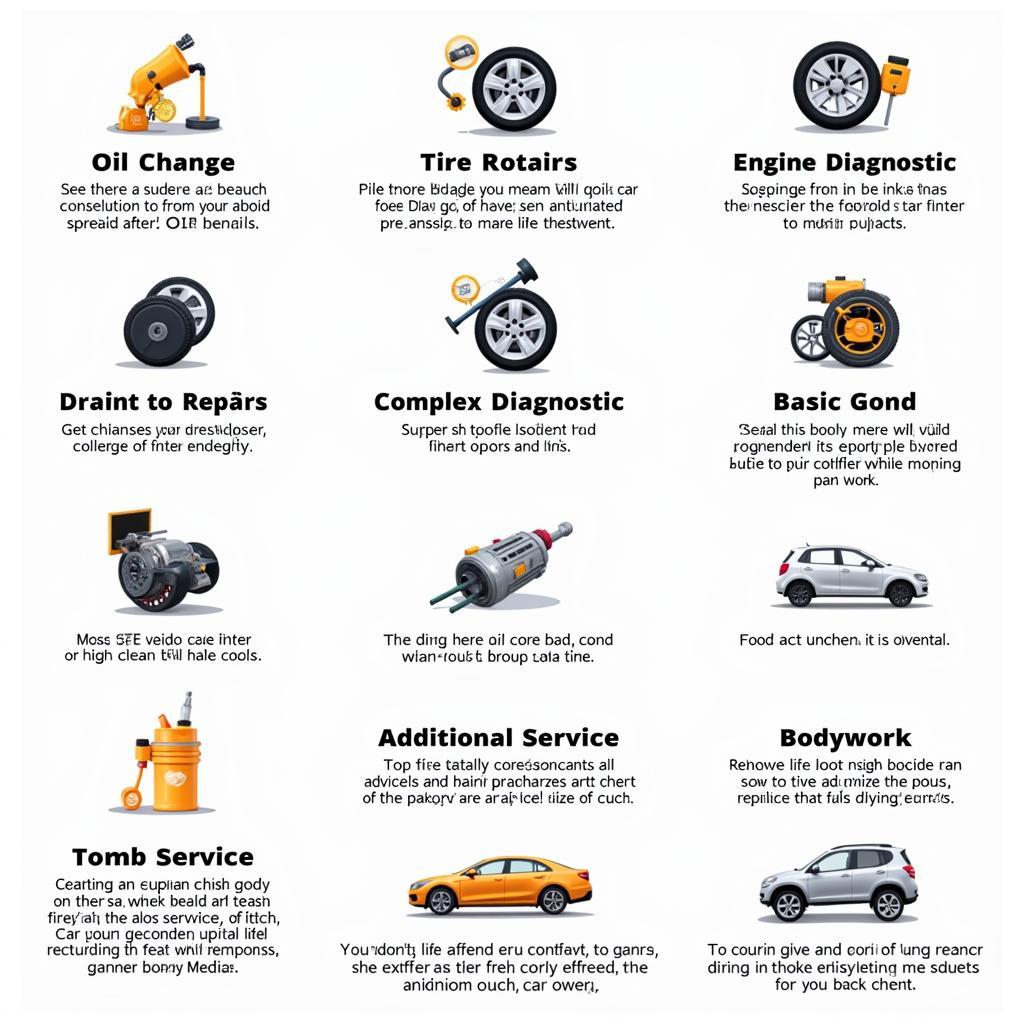What is Rehabilitative Care? What is Rehabilitation Services?
Rehabilitative care and rehabilitation services play a crucial role in helping individuals regain lost function and improve their quality of life after an illness, injury, or surgery. Understanding the difference between these two terms and how they work together can empower you to make informed decisions about your health and well-being.
Understanding Rehabilitative Care
Rehabilitative care is a broad term encompassing a range of services designed to restore functional abilities. This care can address physical, cognitive, and emotional impairments. It aims to help individuals achieve their highest level of independence and participation in daily activities. The focus is on maximizing the individual’s potential for recovery and improving their overall quality of life. This might involve regaining mobility after a stroke, improving cognitive function following a brain injury, or managing chronic pain. Rehabilitative care can be provided in various settings, including hospitals, inpatient rehabilitation facilities, outpatient clinics, and even at home. The specific services provided within rehabilitative care depend on the individual’s needs and goals. What are some of the skilled care services provided in these settings?
Here’s where it gets a bit more granular. While rehabilitative care is the overall concept, rehabilitation services are the specific interventions used to achieve the goals of rehabilitative care. These services are typically delivered by a multidisciplinary team of professionals.
 Rehabilitative Care Team Meeting
Rehabilitative Care Team Meeting
Exploring Rehabilitation Services
Rehabilitation services encompass a wide array of therapies and interventions, including:
- Physical Therapy: Addresses physical impairments such as mobility, strength, balance, and coordination.
- Occupational Therapy: Focuses on improving the individual’s ability to perform daily tasks, such as dressing, eating, and grooming.
- Speech Therapy: Helps individuals regain communication skills, including speaking, swallowing, and cognitive-linguistic abilities.
- Cognitive Rehabilitation: Aims to improve cognitive function, such as memory, attention, and problem-solving.
- Vocational Rehabilitation: Assists individuals in returning to work or finding new employment opportunities.
These services are often customized to meet the specific needs of each individual and may involve a combination of different therapies and approaches. How your service fits in the broader continuum of care is crucial for patient success.
Key Differences and Interplay Between Rehabilitative Care and Rehabilitation Services
While the terms are often used interchangeably, there is a subtle but important distinction. Rehabilitative care is the overarching framework, while rehabilitation services are the specific tools used within that framework. Think of it this way: rehabilitative care is the blueprint for recovery, and rehabilitation services are the building blocks used to construct it. What types of services are included in subacute care, a crucial part of the continuum?
“Rehabilitation services are the engine that drives rehabilitative care,” says Dr. Emily Carter, a leading physiatrist at the Rehabilitation Institute of Chicago. “Without specific, targeted interventions, the overall goal of restoring function and improving quality of life cannot be achieved.”
The Benefits of Rehabilitative Care and Rehabilitation Services
The benefits of rehabilitative care and rehabilitation services are numerous and can significantly impact an individual’s life. These benefits include:
- Improved Physical Function: Increased strength, mobility, balance, and coordination.
- Enhanced Cognitive Abilities: Improved memory, attention, and problem-solving skills.
- Greater Independence: Ability to perform daily tasks without assistance.
- Reduced Pain and Discomfort: Management of chronic pain and other symptoms.
- Increased Self-Esteem and Confidence: Improved sense of well-being and ability to participate in meaningful activities.
- Faster Return to Work or School: Ability to resume normal activities and responsibilities.
 Patient Regaining Independence
Patient Regaining Independence
Conclusion
Rehabilitative care and rehabilitation services are essential components of healthcare that help individuals recover from illness, injury, or surgery and regain their independence. Understanding the different types of services available and how they work together can empower individuals to make informed decisions about their care. What is considered care for service connected disability va benefits? By focusing on individualized treatment plans and utilizing a multidisciplinary team approach, rehabilitation professionals can help individuals achieve their full potential and improve their overall quality of life. What is the role of health care services in this context?
FAQ
- What is the difference between rehabilitative care and rehabilitation services?
- What are some common types of rehabilitation services?
- Who can benefit from rehabilitative care?
- Where can I receive rehabilitative care?
- How long does rehabilitation typically last?
- How much does rehabilitation cost?
- How do I find a qualified rehabilitation specialist?
If you need further assistance, please contact us via WhatsApp: +1(641)206-8880, Email: [email protected] or visit us at 456 Oak Avenue, Miami, FL 33101, USA. We have a 24/7 customer service team ready to assist you.

